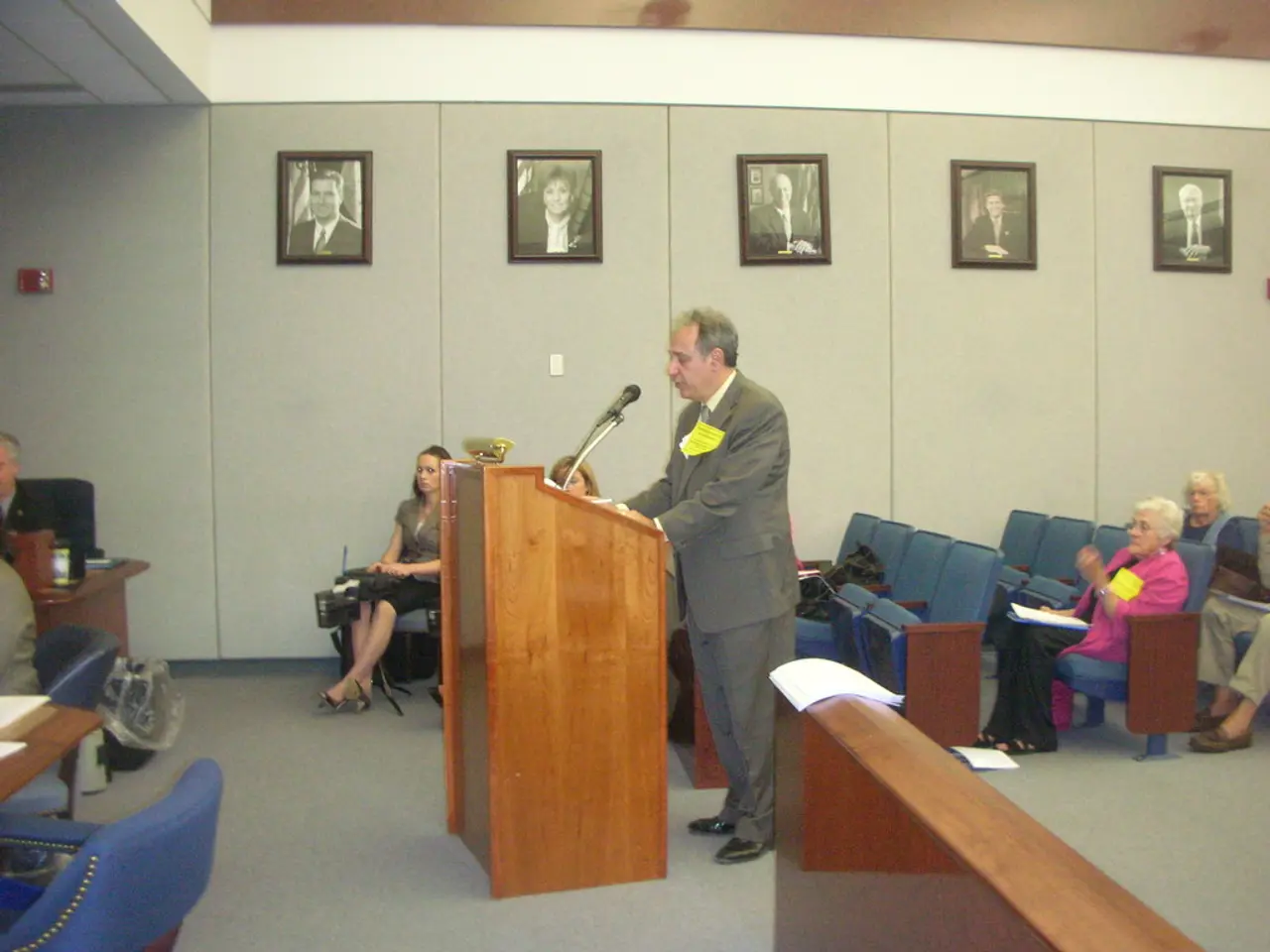Exploring Tomorrow: Unveiling Patterns in Speech Technology Advancements
In the ever-evolving world of technology, the future of speech technology lies in a fascinating blend of human emotion and artificial intelligence. This innovative fusion aims to enhance interactions and experiences, making technology feel more human-like and personal.
One area where this technology is making significant strides is in healthcare, where therapists are employing tools that assess patient emotions based on voice tone and pitch, paving the way for more personalized care and support. This development is not only transforming the healthcare sector but also reshaping local communities. For instance, speech technology is enabling participants at cultural festivals to engage and share stories in real time, regardless of language differences.
Advancements in natural language processing (NLP) have been instrumental in this transformation. Machines are now capable of grasping context and subtleties in how we speak, a remarkable feat that was once the domain of humans.
Voice-activated interfaces have become a common part of everyday life, making interactions with technology feel effortless and human-like. From cooking dinner while dictating an email to jogging while searching the web, speech technology is aiding productivity in numerous ways.
In the realm of business, customer service is being revolutionized with the integration of chatbots or virtual assistants that cater to individual needs. Companies can also use emotion recognition to detect when a customer is frustrated or unhappy, allowing them to respond immediately in a tailored way.
Privacy and ethical considerations surrounding the use of voice-activated interfaces and emotion recognition technology remain ongoing concerns. Community dialogues, such as town hall meetings or online forums, are crucial in fostering awareness around these issues. Developers and users should prioritize ethical considerations in deploying speech technologies by creating transparent systems that obtain consent before using personal voice data.
Recent advancements in speech technology are promising faster and more precise processing. Companies like OpenAI, Meta, Timekettle, and Anthropic are leading the forefront of progress in this field. OpenAI's GPT-5 model, for instance, has made notable advances in language understanding and speech recognition accuracy. Timekettle introduced AI-powered interpreter earbuds at IFA 2025, showcasing highly accurate, context-aware real-time translation with minimal delay. Anthropic's Qwen3-ASR-Flash, a multilingual speech-to-text system, supports 11 languages and can handle complex acoustic environments.
Embracing these advancements and exploring what it means to communicate more effectively through voices and emotions is essential for the future. For further learning about speech-to-text applications, a handpicked external resource can be found at: speaktor.com. Addressing privacy concerns can foster trust among consumers and pave the way for broader acceptance of speech technologies. As we move forward, the horizon ahead for speech technology is bright, with a focus on effective communication and collaboration.








